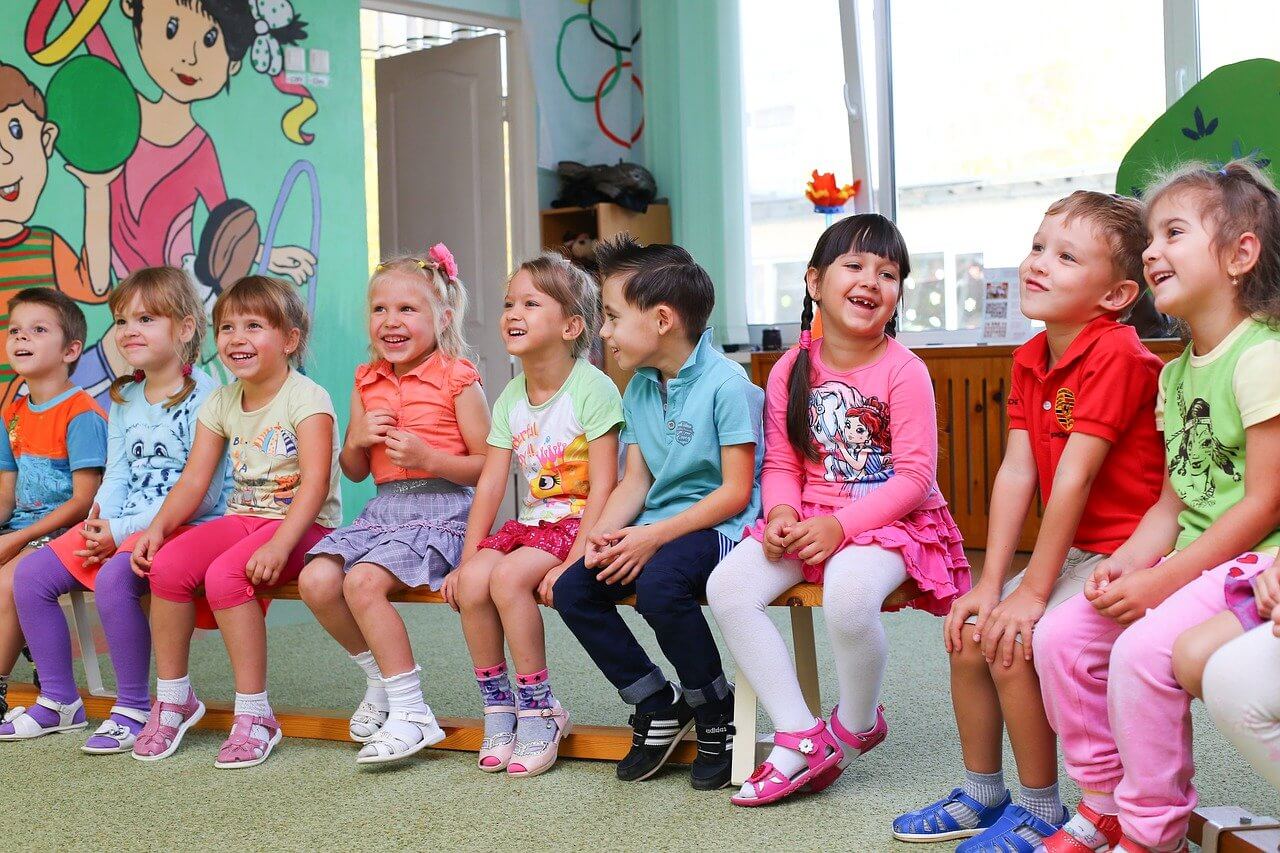What Happens Inside The Brain Of A Kindergartener?


What is happening in the brain of a child of this age? What insights can be offered by neuroscience to the parents of a kindergartener? This blog offers interesting tips for parents to better support their children’s development at this crucial stage.
Kindergarteners can develop a high sense of self, thanks to the fact that graduating from kindergarten makes them a “big kid” in school, where they mingle with people from other age groups. In fact, the range of personalities that we can find in a kindergarten with children between four and a half years to six years of age are often bossy, belligerent and conceited with newly acquired motor skills, demonstrating them in games like sprinting and tricks with the hands. The kindergarten child’s brain has many mental enhancements: improved memory, attention span, tighter control of reality, better self-control, and an understanding of knowledge codes – numbers and the alphabet.
Despite this, kinds of such a tender age are both burdened, and at the same time blessed with their brain activity, which is beyond comprehension by adult intelligence. By five years of age, a child has 100 billion brain cells (neurons) with 77 percent in the cerebral cortex – the area that builds language, math, memory, attention, and complex problem-solving. The neurons are sprouting like maniacal dendrites, slender octopus arms that slide out to receive data from up to 15,000 other cells and axons that transmit information to other cells. The links between these neurons or synapses work towards building cognitive pathways. These pathways are responsible for creating specialized “brain architecture” for every individual, allowing them to further understand, accumulate, and retain knowledge.
In a research conducted by the Center for Child Development at Harvard University: “The first experiences in the architecture of the brain make the first years of life , which is typically from 0 to six years. It is a period that embarks great opportunities and vulnerability for the brain development”. Kindergarten is also one of the crucial years as parents surely want their child to enjoy the learning process. How can you help a kindergartener navigate the expectations of their new world? To begin with, you can follow the following tips:


Talk, sing and read
Talking, singing, and reading books frequently to your kindergartener is a great start. When a kid is constantly exposed to language, it allows for their cerebral cortex to develop strong neural circuits and aid in the acquisition of language at a rapid rate. Parents would also do well to be active listeners, asking thought-initiating open-ended questions, such as, “If you could have any superpower in the world, what would it be?” or “what do you like most about visiting the zoo?” It is recommended that parents use high-level vocabulary with children and around them and describe to them how all these things work.
Reading helps at this stage
For many kindergarteners, learning to read letters in words phonetically is often quite difficult, even if their auditory brain development is strong. One of the reasons is that memorizing the alphabet could be misleading as the letter titles – A, B, C, etc. do not sound exactly the same as the sounds they represent. For example, the letter P has a “P (e)” sound, E is the off-base form with its “PE” pronunciation, and all vowels can be used with more than one sound. In order to avoid this, parents should be teaching kindergarteners to focus their attention on what their mouth is doing, especially when they are approaching phonemes.
Be gentle
Because of their burgeoning learning abilities, kindergarteners need to feel safe and confident. A study conducted in 2007 at Stanford University indicates that toxic levels of the hormone, cortisol can be released due to traumatic stress and fear, which can cause damage to neurons in the hippocampus, a region of the brain that supports factual and episodic memory. To protect their confidence, you can give your child positivity, love, and encourage them to reflect on what they have done. Minimize reprimands, avoid unnecessary power struggles, and don’t use yelling or spanking in the discipline. Express empathy if they are afraid of nightmares or the dark, and be patient about nighttime “accidents”: Many children continue to endure until the age of seven or older.
Stimulate the senses
The pandemic will have a huge impact on your child’s absorbing brain. Since they are not in school, they can benefit greatly from certain activities that might arouse their curiosity. Always encourage your child to interact with three-dimensional materials and take them on sensory-rich walks: to parks, zoos, museums, festivals, concerts, and natural outdoor areas.
Let’s focus on kindergarten
Did you know that the attention span of a child at this age is about five to 15 minutes? To boost your child’s concentration levels, involve them in activities that require attention, such as meditation and board games. Teaching self-control and delayed satisfaction will also help your child academically: The correlation between self-control and GPA is twice as high as the correlation between IQ and GPA. You can also increase your child’s patience by modeling his own behavior – speaking and acting calm, for example. Finally, limit television to an hour a day: Studies suggest that television over stimulates the neurological system, resulting in hyperactivity and shortening attention spans.
Exercise? very important!
Ideally, kindergarteners should have at least 30 minutes (half an hour) a day to run and play outside. A research from Columbia University found that exercise creates brain cells in the dentate gyrus. According to John Ratey, Physician and author of Spark, exercise elevates a chemical because it builds the brain’s infrastructure. Full-body exercises that include maximum muscle movement (e.g. running, playing soccer, swimming, gymnastics, dance, etc) are recommended. Also, for optimal brain growth, feed your child a balanced and nutritious variety of vegetables, fruits, whole grains, dairy, and meat, and limit the intake of sweets, cookies, fruit juice and sugar, salty junk food. Egg yolks, fatty meats, and soybeans contain choline,
Music!
Expose your children to music, and if they show any aptitude, get them to play an instrument. Play them some structured, melodic music with rhythm and sing songs for them. A study found that song lessons demonstrated dramatic improvement in spatial reasoning in children. They can be “a window into higher brain functions,” as studies indicate that children who study music are ahead of their peers in math.
Also Read:
- Top 10 Best Learning Gadgets for Kids
- Why A Franchise Of Nursery School Is Better Than Opening A New Brand?










